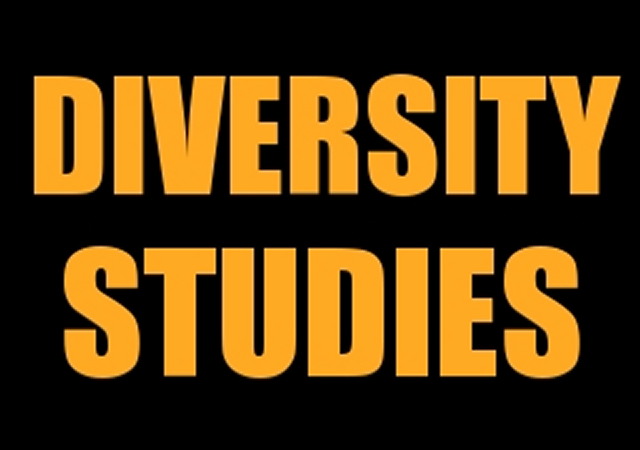The Rise of DEI Policies Coincides With the Free Speech Crisis on College Campuses
“it was clear from the start that, regardless of what was on their websites, DEI bureaucracies were more likely to suppress than encourage free expression on college campuses”

This makes perfect sense, doesn’t it?
From the Missing Data Depot on Substack:
Is DEI Destroying Free Speech on Campus?
Over the last five years, the promotion of diversity, equity, and inclusion (DEI) has become a “central concern of higher education” in the United States. On its face, this “new trinity of American higher education” sounds like a virtuous (and long overdue) set of governing principles. Indeed, anyone researching DEI on college campuses would be hard-pressed to find any objectionable material on university websites. To take just one example, consider the definitions of DEI offered by the University of Michigan’s Office of Diversity, Equity, and Inclusion:
Here, “diversity” is defined (partly) as a commitment to representing a variety of “political perspectives” and “inclusion” is defined as a commitment to making sure these “different perspectives are respectfully heard.” When defined in this way, DEI sounds like a bedrock institutional commitment and operational blueprint for protecting free speech on campus. It would not be unreasonable, therefore, to expect that the increasing size and significance of university DEI bureaucracies might significantly improve the speech climates on college campuses.
Yet, the rise of DEI bureaucracies has actually coincided with the beginning of a “Free-Speech Crisis on College Campuses.” Careful observers of American higher education saw the tension between DEI and free speech early on. Most notably, in a 2016 lecture, Jonathan Haidt pointed out that universities were now attempting to simultaneously pursue “two incompatible sacred values”: truth and social justice. Haidt argued for a schism in higher education, with universities explicitly adopting either a John Stuart Mill-style commitment to the pursuit of truth through unfettered speech or a Karl Marx-ian commitment to the pursuit of “social justice” (even if it occurred at the expense of free expression). Although Haidt did not mention them explicitly, DEI bureaucracies were clearly implicated in his discussion (as they had become the primary institutional vehicles for pursuing the “social justice” values of “diversity” and “equity”). In other words, it was clear from the start that, regardless of what was on their websites, DEI bureaucracies were more likely to suppress than encourage free expression on college campuses.
Is DEI destroying campus free speech?
In my new Substack, I show that the greater the size of a university's DEI bureaucracy, the more discomfort students feel expressing their views on social media & in informal conversations with each other.
More here: https://t.co/kfFamsgj23 pic.twitter.com/slftWWsc0s
— The Missing Data Depot (@data_depot) March 14, 2023
 DONATE
DONATE
Donations tax deductible
to the full extent allowed by law.









Comments
For this finding to be at all newsworthy, it would have to appear in a court filing.
DEI bureaucrats are political officers. Speech and thought control are literally their jobs.
As Henry said, DEI bureaucrats are Political Commissars. Their responsibility is to ensure that everyone under their control thinks and speaks “correctly,” showing dedication and enthusiasm for the Party’s political diktats.
Note that “Chinese troops reportedly spend 20 to 30 percent of their time studying communist ideology.” The DEI bureaucrats want to make sure that DEI courses are required to graduate, so that college students will be forced to spend part of their time studying DEI ideology.
The criterida of DEI are inherently in conflict with free expression
Marxism squashes free speech?? Did any let Lenin, Mao, and Pol Pot know this??